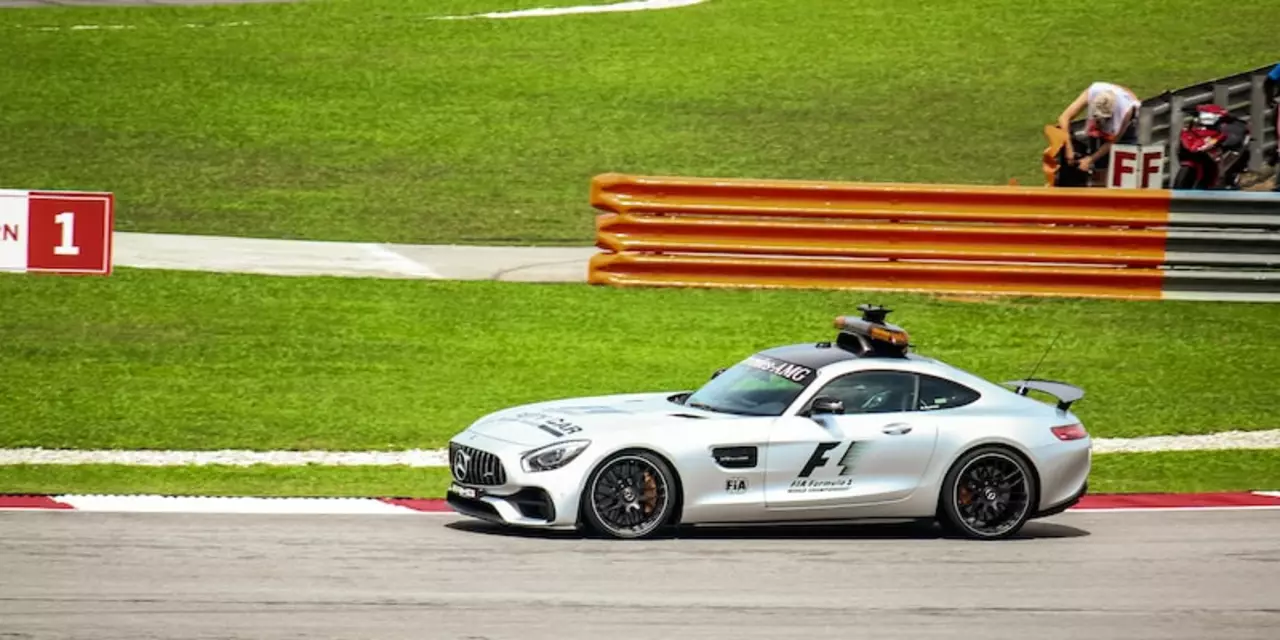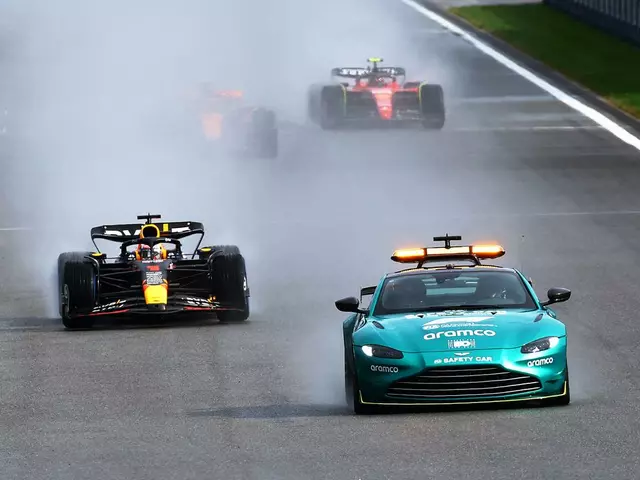Formula 1 (F1) racing and MotoGP are two of the most popular forms of motorsport around the world. F1 has been around since the 1950s and is widely considered to be the pinnacle of motorsport, while MotoGP is newer, having been established in the late 1980s. Despite their similarities, F1 has always been more popular than MotoGP, with more viewers and spectators. There are several reasons why F1 has become the more popular motorsport, and this article will explore them.
One reason why F1 is more popular than MotoGP is its longer history. F1 has been around for more than 70 years, while MotoGP has been around for just over 30. This means that F1 has had more time to build a global fanbase, while MotoGP is still relatively unknown in some parts of the world. F1 also has a long list of legendary drivers, such as Ayrton Senna, Michael Schumacher, and Lewis Hamilton, which adds to its appeal.
Another reason why F1 is more popular than MotoGP is the level of technology used in the sport. F1 cars are some of the most advanced machines ever built, with teams spending millions of dollars each year on new designs and components. MotoGP bikes, on the other hand, are relatively simple machines, with most of the technology focused on the engine. This makes F1 more appealing to fans who are interested in the technology and engineering side of motorsport.
Finally, F1 is more popular than MotoGP because of its global reach. F1 races take place in some of the most iconic cities in the world, such as Monaco, Singapore, and Abu Dhabi. MotoGP races, on the other hand, are mostly confined to Europe, with the occasional race in the United States. This makes F1 more accessible to a wider range of fans, and increases its popularity.
In conclusion, F1 is more popular than MotoGP for several reasons. Its long history, advanced technology, and global reach have helped it to become the world's most popular motorsport. While MotoGP may never reach the same level of popularity, it still has its own dedicated fanbase, and is sure to remain an exciting and popular form of motorsport for years to come.
Formula One (F1) is a thrilling and often unpredictable sport that has grown in popularity over the years, while MotoGP has struggled to achieve the same level of recognition. While both sports feature some of the best drivers in the world competing for the top spot, F1 has several advantages that make it the more appealing option for fans. Here, we will take a closer look at why F1 is a much more popular sport than MotoGP.
F1 Offers More Races and More Varied Tracks
F1 offers more than twice as many races as MotoGP, with 21 rounds per season compared to 18 for MotoGP. Additionally, F1 has a much wider variety of tracks, with circuits located all over the world, from the classic Spa-Francorchamps in Belgium to the modern Yas Marina Circuit in Abu Dhabi. MotoGP, on the other hand, predominantly visits European tracks and has a much smaller selection of circuits.
F1 Cars Are More Technologically Advanced
The F1 cars are more technologically advanced than those in MotoGP, with V6 turbo-hybrid engines, KERS (Kinetic Energy Recovery Systems) and other innovative features. The cars in MotoGP, while still impressive, do not quite match the level of sophistication of their F1 counterparts.
Bigger and Richer Teams in F1
F1 teams are generally bigger and richer than those in MotoGP, allowing them to invest more in research and development and in improving the performance of their cars. This has resulted in F1 teams having a greater competitive edge than the teams in MotoGP.
F1 Drivers Are More Famous
F1 drivers are some of the most famous and recognizable names in sports, while the MotoGP riders are relatively unknown outside of the motorcycle racing world. This has helped to boost the popularity of F1 and make it more appealing to casual viewers.
F1's combination of more races, varied tracks, advanced technology, and famous drivers has made it a much more popular sport than MotoGP. With its ever-growing appeal, F1 is sure to continue to be the premier motorsport for many years to come.





